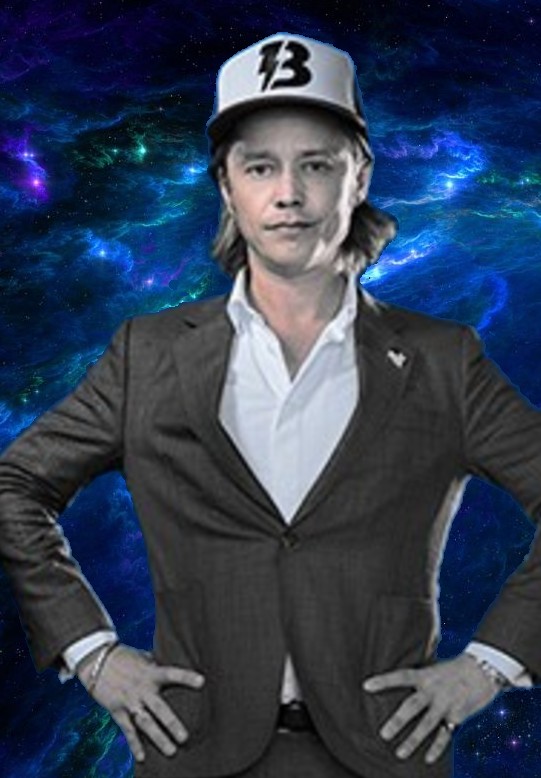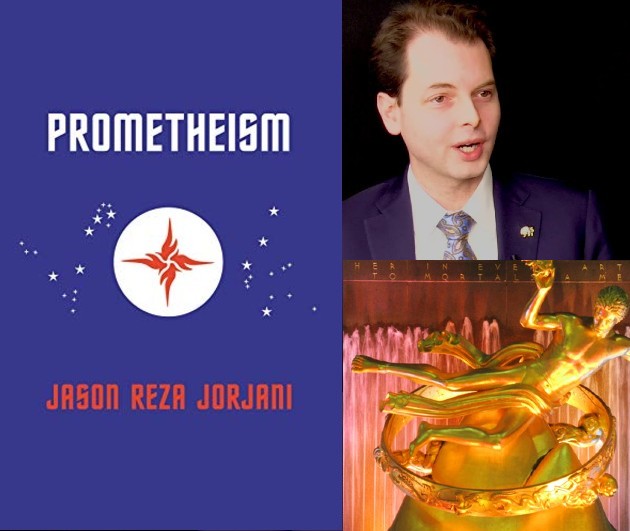Robert Stark and Matt Pegan talk to Delicious Tacos about his books, philosophical outlook, and life in LA. Delicious Tacos is the author of Hot Naked Kittens, Finally, Some Good News , The Pussy, and his most recent book Savage Spear of the Unicorn. You can follow him on Twitter and his books are on sale until Christmas.
Topics:
The “California Houellebecq ”
Thoughts on self-publishing and how the novel Severance is to publishing what the film Sideways is to film critics
The economics of the arts and Delicious Taco’s advice to separate one’s creative endeavors from source of income
The slave morality of work and need for a guaranteed basic income
Delicious Taco’s support for Bernie Sanders, why he’s given up hope on American politics, and advice to focus on building up one’s own wealth
Delicious Taco’s love of birdwatching
The pros and cons of living in LA
Theme of Geomaxxing in Delicious Taco’s Finally, Some Good News and Houellebecq’s Platform
Age gap hysteria and why Delicious Tacos doesn’t need to moralize his proclivities
Working in Hollywood as a development executive
Matt and Robert’s upcoming books, and Delicious Taco’s upcoming book True Love
Click Here to download!
Checkout Robert Stark’s Facebook page, Twitter, Instagram, Stark Truth TV, novel Journey to Vapor Island, and in production documentary The Gospel of Gibson.









